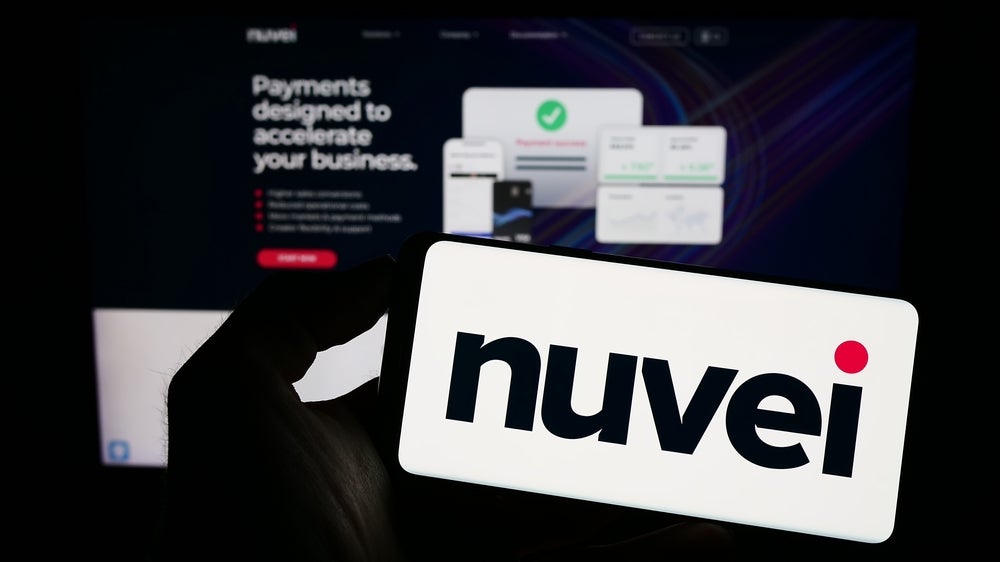 Dear readers,
Dear readers,
after five years at the helm of Cards International, the
time has come for me to move on and take on new challenges. In many
ways, I was extremely lucky to join CI when I did, as I
came into the cards and payments world when it was on the brink of
significant transformations across all sectors.
Dramatic shake-ups have occurred in
areas such as regulation, competition, technology, customer
segmentation, marketing and distribution. If I had to sum up the
trends that have made the most impact over the past five years,
they would be:
• Competition and
consolidation: five years ago, Bank of America’s
acquisition of MBNA, while at the time nothing out of the ordinary,
in some ways heralded the era of the mega-banks and issuers. And
the emergence of the credit crunch accelerated the trend of bank
mergers and acquisitions as players looked to capitalise on rivals’
weakness. We are now left with a supergroup of big banks and
smaller players are finding it increasingly difficult to compete.
All this may be well and good for those at the top, but not if it
erodes consumer choice at the bottom.
• Technology
innovation: from contactless cards to mobile payments,
real-time risk monitoring and rewards, it is technology that at the
most basic customer level will transform the way people pay.
Already we are seeing contactless being added as standard on mass
card portfolios across the world, and in some areas such as Japan,
mobile payments are considered the norm. I doubt very much that
cash will disappear as many in the industry hope, but technology
will doubtless bring about added pressure on paper payments. Given
that it is the chip that enables payments, how far away are we from
seeing cards disappear altogether? Are we on the verge of seeing
chips implanted into people, as many Hollywood films (and
conspiracy theorists) have posited?
• Alternative payments and
new players: the rise of e-commerce and increasing access
to the internet worldwide is perhaps the greatest threat to the
status quo. Online players like PayPal are not constrained by the
need to invest in physical branch networks and infrastructure in
the way that banks are, and will innovate and bring to market new
propositions much more quickly than their bank rivals can. The
desire on the part of regulators worldwide to usher in more
competition represents the very real threat of bank and network
disintermediation. Perhaps banks and networks need to spend less
time talking to each other and more time talking to their customers
in order to provide them with products and services that will meet
real consumer needs and capture consumers’ imagination.
• Regulation:
undoubtedly, the financial turmoil of the past two years has
emboldened regulators worldwide to flex their muscles and position
themselves as pro-consumer champions. From interchange to card fee
reforms, there is a very real threat that over-eager regulators
will stifle banks and networks and inadvertently restrict
competition and innovation in stark contrast to the regulators’
stated claims of improving competition and transparency. Banks and
networks will need to cast aside old arguments and come up with new
defences that are tailored to specific payment mechanisms and end
user benefits.
How well do you really know your competitors?
Access the most comprehensive Company Profiles on the market, powered by GlobalData. Save hours of research. Gain competitive edge.

Thank you!
Your download email will arrive shortly
Not ready to buy yet? Download a free sample
We are confident about the unique quality of our Company Profiles. However, we want you to make the most beneficial decision for your business, so we offer a free sample that you can download by submitting the below form
By GlobalData• Debit dislodges
credit: one trend that is set to continue unabated is the
consumer shift from credit to debit, something we have covered
extensively in CI. But while this is good news for issuers
and payment networks in some respects, it will also force them to
rethink their business models. Traditionally loss-leading products,
the pricing of debit card transactions will come under serious
scrutiny in the months and years to come. The model of ‘free
banking’, long established in markets like the UK, may soon become
a thing of the past as issuers seek to profit from the shift to
debit.
I have had the pleasure of meeting
many of you in person and at CI’s various events over the
past five years and hearing your perspectives, insights and
feedback, which have all helped to inform the content of
CI. Rest assured that CI will continue to be the
leading source of global card and payment industry news and
issues.
Victoria
Conroy







